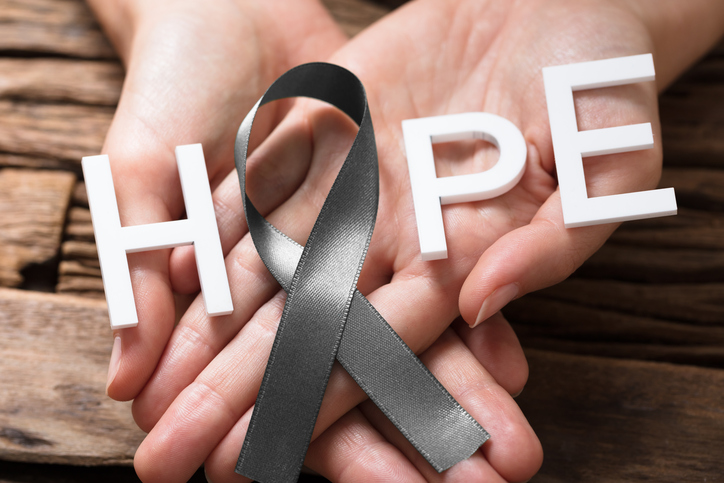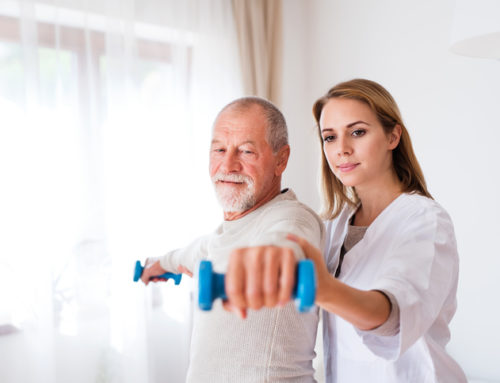Everyone knows of Parkinson’s Disease but not everyone knows what it can do and how it affects those around us. Parkinson’s Disease(PD) is a progressing disease that slows movement by attacking the nervous system. What can start as a tremor in the hand can progress to stiffness in the body and slowed movement. It weakens and impairs basic function like speaking and moving. Parkinson’s cannot be cured but it can be treated and managed with prescribed medications and in certain, severe cases, surgery. While there is no telling when PD will progress, there are certain conditions that can affect the way it makes you feel on a daily basis. Conditions such as the weather, for example, can affect the way you feel drastically.
How Does the Heat Affect PD?
Anyone battling a chronic illness such as Parkinson’s will find that their symptoms flare up when in extreme temperatures like summer heat. For those with healthy immune systems, it is still fairly easy to become dehydrated and that risk is more likely to occur with a chronic illness.
Even in the early stages of PD, simple tasks that once took mere seconds can turn into dreaded chores that take minutes or even hours. The nervous system responds differently with Parkinson’s and can cause rigid muscles, impaired balance, sluggish movement and even mild speech impediments. These symptoms make it twice as difficult to do taxing activities that require steady hands and lots of energy, especially during extreme temperatures that can impair already rigid muscles and shaky hands further.
Summer is already here and the time for family reunions and outdoor activities has come, which will be difficult for those in the later stages of Parkinson’s to move around freely and comfortably. Tools such as a walker or a cane can aid in comfortable movement without over-exerting yourself. Always keep hydrated and stay in cooler places when possible.
Aside from hydration and walking-aids, another trick to beating this summers heat is to pace yourself when doing strenuous activities or even leisure hobbies that require lots of movement. While it might take longer to accomplish what needs to be done, it’s a safer and healthier alternative.
Communicating with PD
The term “Parkinson’s Disease” is well known and even briefly talked about in health class in school, but still not many people can define PD and how it affects the nervous system. It’s another chronic illness that we hear about but never actually take the time to understand what it is and how it can change our lives if you or a loved one were diagnosed. Parkinson’s has not been deemed an autoimmune disease but it has the reputation of one, another illness that can’t exactly be seen or treated, but it affects the body all the same and can create drastic changes in your life.
One of the biggest difficulties to overcome is communicating our needs and receiving understanding and support from friends and family. It is hard to understand the challenges that come with living with PD until you or a loved one has battled it. Always try to communicate with others about your struggles or needs because it can be crucial to living a stress-free life with Parkinson’s. Don’t let the feeling of “dreadful tasks” deter you from living your life the way you want to, always communicate and search for innovative ways to aid you in your journey with Parkinson’s Disease.
Sources:





